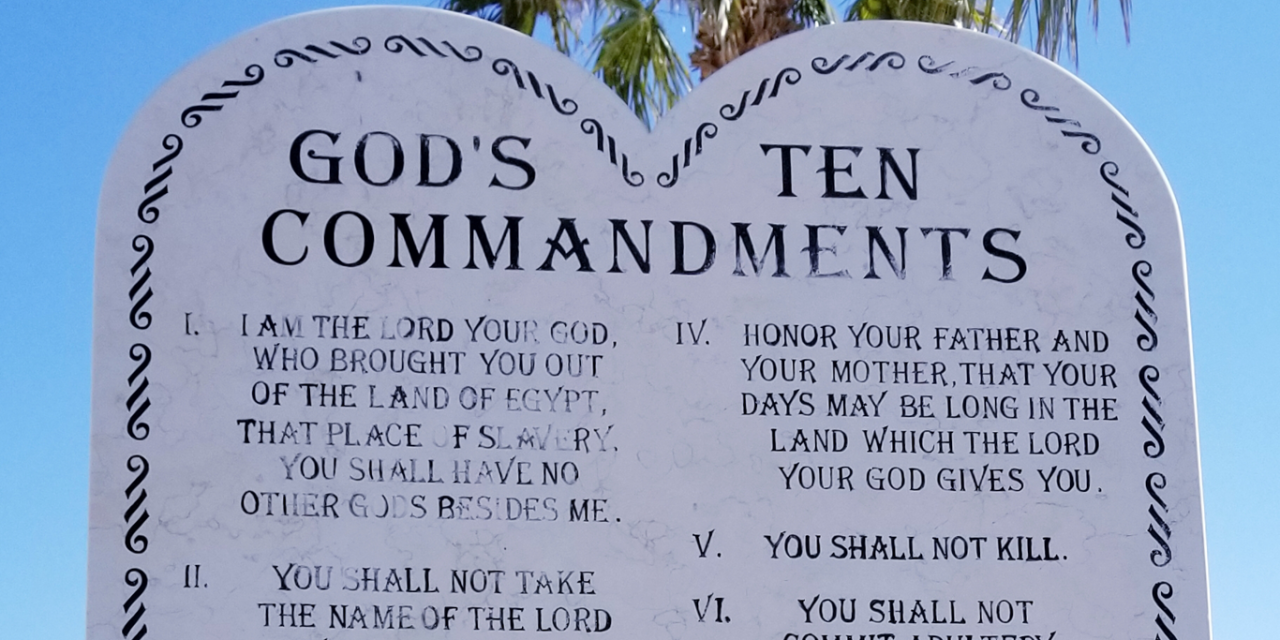In a move that has sparked controversy and reignited the ongoing debate over the role of religion in schools and parental rights, the Texas Senate approved a bill on Thursday that would mandate the prominent display of the Ten Commandments in public school classrooms. Sponsored by Republican state Senator Phil King, the measure requires every public elementary or secondary school in the state to showcase a durable poster or framed copy of the Ten Commandments starting in September.
The bill passed in a 17-12 vote along party lines, and it will now proceed to the GOP-led House for further consideration. This development comes on the heels of the Senate’s recent passage of two other Republican-sponsored bills, both centered around religion in schools.
One of the bills permits schools to establish policies that allow students and employees to engage in prayer and Bible reading during designated periods. The other bill, introduced by state Senator Tan Parker and enjoying broad bipartisan support, seeks to safeguard the rights of school employees to express religious speech or engage in prayer while on duty. This bill draws inspiration from a June ruling by the U.S. Supreme Court, which upheld the right of a former Washington state high school football coach to pray on the field immediately after games.
These measures reflect a broader trend in Texas, where efforts to advocate for religious displays in public school classrooms have gained traction. Last year, the state enacted a law mandating the display of “In God We Trust” signs in schools if they are donated or purchased using private funds.
Supporters of the Ten Commandments bill argue that displaying these moral principles in classrooms can guide students, promoting ethical behavior and fostering a sense of community. They believe that acknowledging religious heritage is an important part of the educational experience and that the bill aligns with the country’s historical roots.
Opponents, on the other hand, raise concerns about the potential violation of the separation of church and state, which is a cornerstone of the U.S. Constitution. They argue that the bill infringes upon the religious freedom of students and their families who hold different beliefs or follow non-Abrahamic religions. Some critics also question the effectiveness of displaying religious texts as a means of instilling moral values and argue that it could create an exclusionary environment for students who do not identify with the religious traditions represented.

